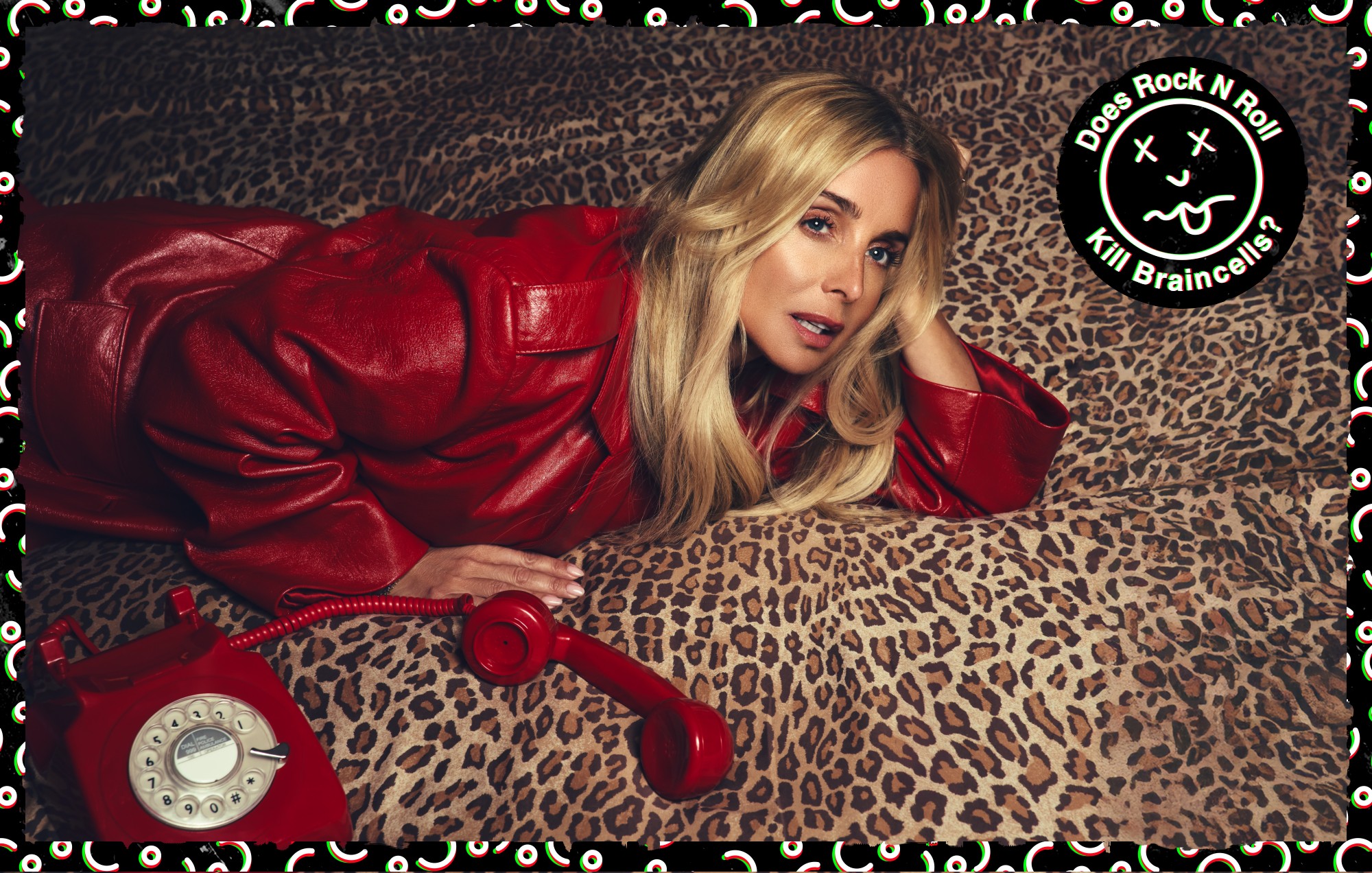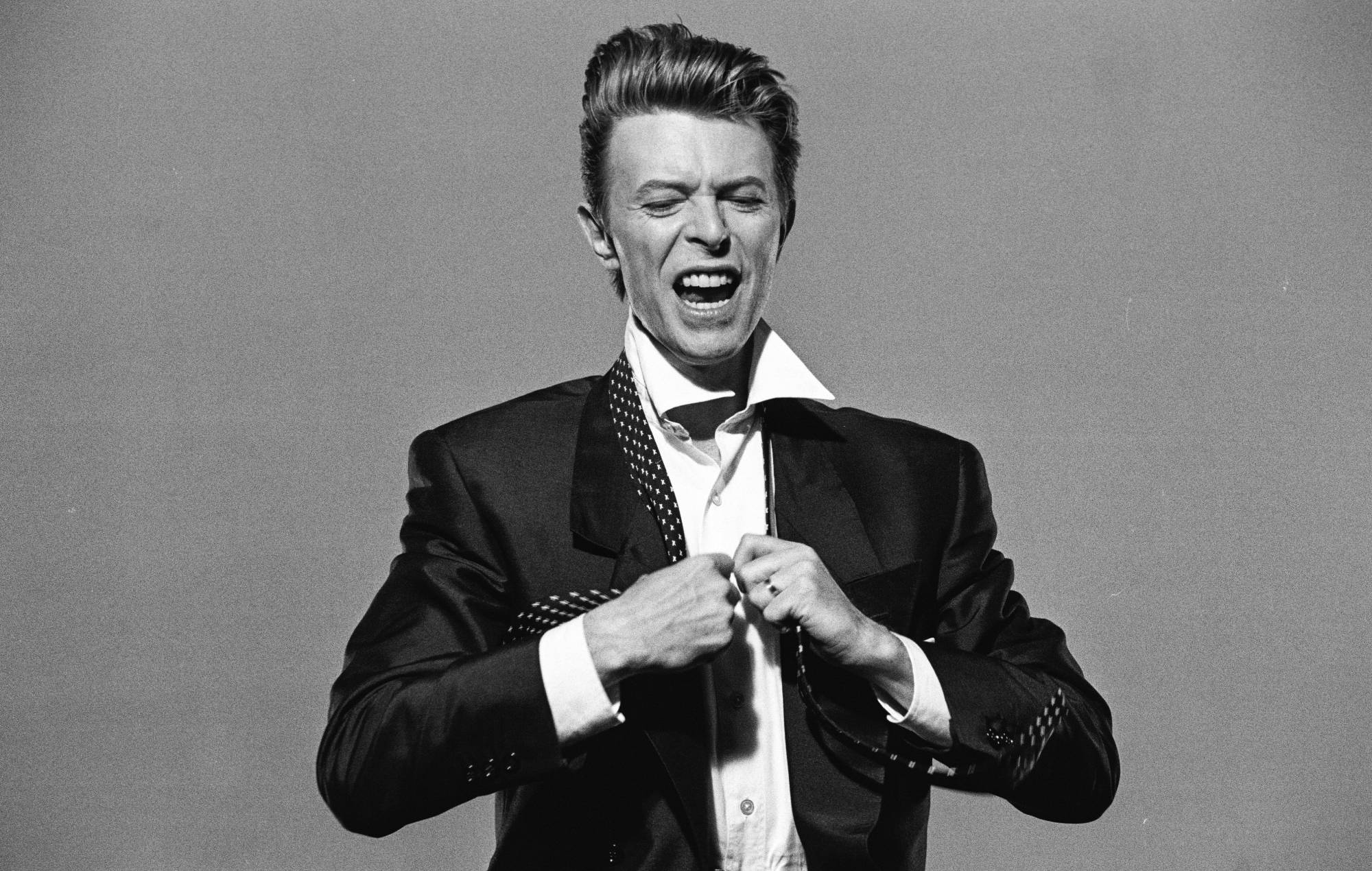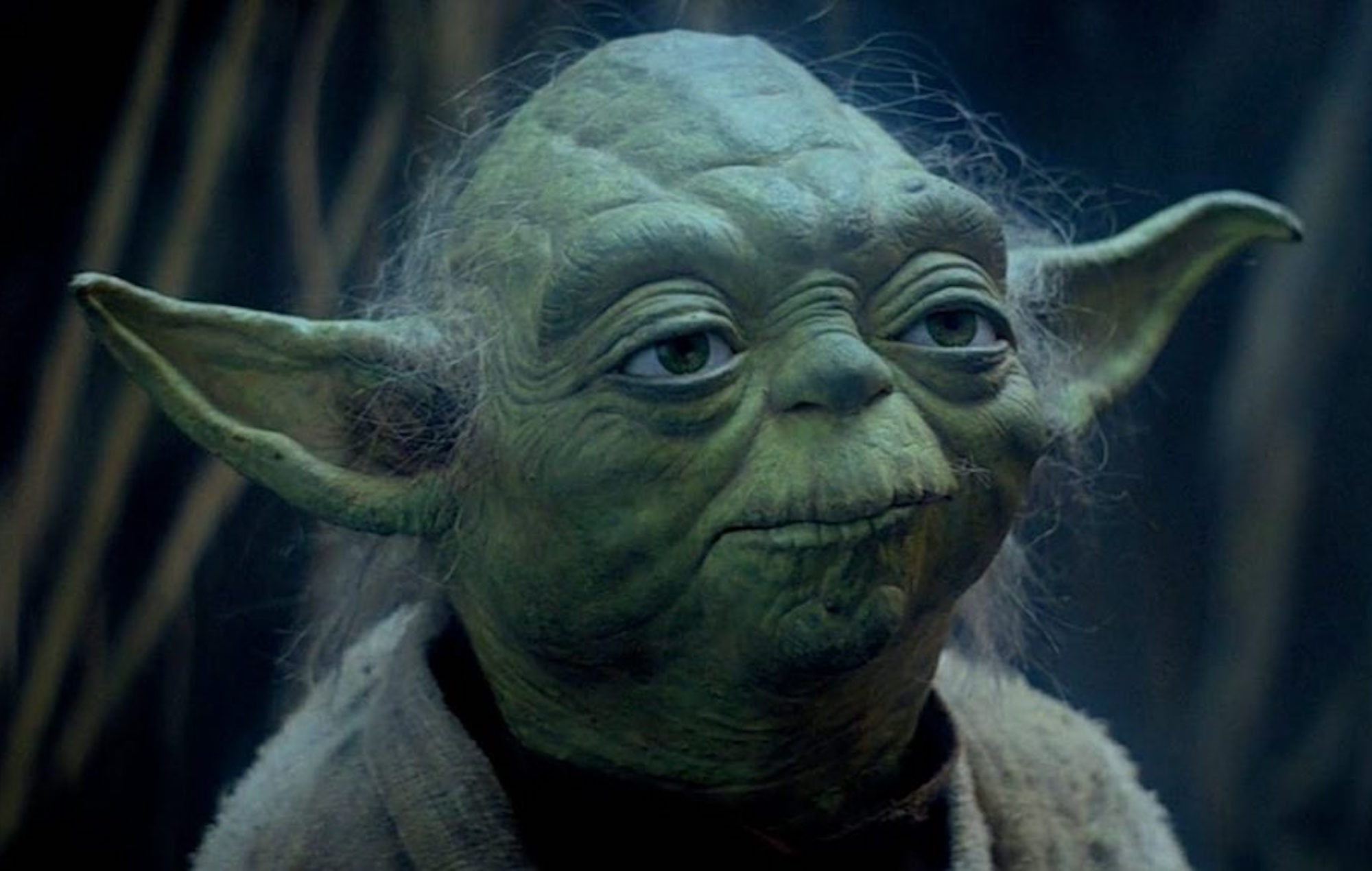Scuba makes his first appearance on Sasha’s label with Animatronic / Waterfloor, a sharp and musical two-tracker that hits somewhere between introspective and peak club energy. The title track rides a deep groove with dreamy synth work and restrained tension, while Waterfloor serves as a tribute to Berlin’s now-closed Watergate—more meditative, but still emotionally direct.
In this interview, Scuba digs into the long arc of taste. He reflects on how his own has evolved, why dub remains a central influence, and how resisting commercial pressure has shaped both his productions and his label, Hotflush. It’s a clear-eyed take on how to stay curious, even as the scene changes around you.
What does having good taste mean to you?
I think it’s about having a sense of not just WHAT is good, but also WHY it’s good.
There is a world of difference between being able to say whether something works by looking at it or listening to it, and being able to put your finger on the elements that give it that quality, whether they’re technical, historical, or whatever. That is what enables someone with good taste to look past the consumer imagery and into the real quality of something.
It’s the ability to listen to a piece of recorded music from the 70s with a wide dynamic range and not immediately conclude that something mastered to 2025 standards is better by default—or the appreciation of a pop song with multiple key changes vs. a procession of hooks sung over a single loop.
BUT ALSO recognizing that the true quality of any of those things could be the other way around. There’s a tendency to assume there’s no such thing as objectively good music—I disagree with that.
How did you develop your own taste as a producer?
What comes out of most producers’ studios is a reflection of what they like to listen to.
Not necessarily what gets commercially released, but most producers will at least have a go at whatever styles of music move them. So there’s a lot of trial and error, working things out, copying other people’s techniques, working out tricks of your own, and ultimately waiting for the magic to happen. Sometimes that’s a long wait, but if you genuinely enjoy the process, it’s not too much of a drag. When it does happen, it’s always worth it.
Moving between different genres has always been a source of motivation for me as a producer. That probably hasn’t done me any favors in keeping people interested in what I’m doing—music fans (myself included) prefer their acts to be very predictable, style-wise.
Maybe I should’ve worked under different names with the different styles of music I’ve released as Scuba, but I’ve always found it an interesting challenge.
What’s one influence that’s stuck with you for years?
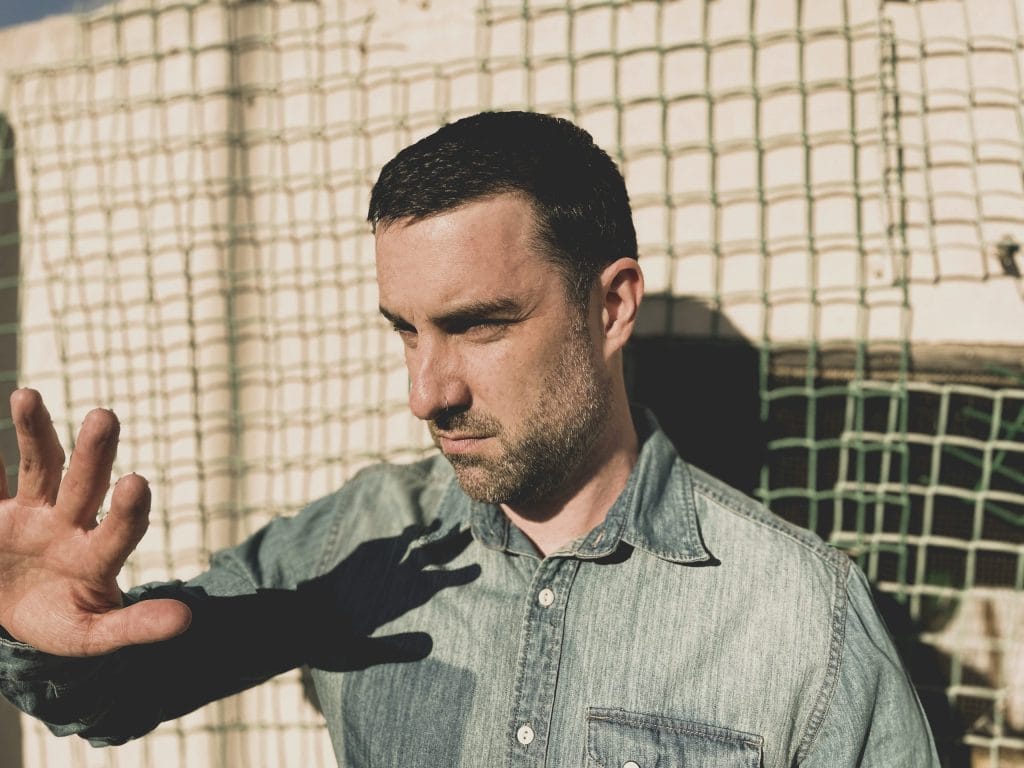
I suppose the obvious one is Dub. That’s probably the single most important point of influence for all electronic music—the idea that the central musical instrument that everything is built around isn’t an instrument at all, it’s the mixing desk. The equivalent now is the DAW.
There are people who take Ableton to a crazy place of innovation and expertise. That’s absolutely the Dub attitude. The positive case for the AI production tools that have been emerging over the last couple of years is that they make that kind of thing more accessible, and of course the really crazy people will use them to push even further.
There’s a lazy use case for every AI tool, but those uses will just put more daylight between the actual artists and the content creators. It’s become harder to tell what an artist looks like in music these days—technology has blurred the lines quite a bit, and the industry loves to say that anyone who can knock up a house beat is a real artist. But the easier it gets to make cookie-cutter stuff, the easier it is to identify the quality.
Do you intentionally refine your taste or just follow instinct?
Anyone’s taste develops over time if they keep listening, reading, and looking. But after that, a creative decision is always based on instinct. Commercial decisions are calculated, artistic ones are not. Sometimes the two things overlap, sometimes they don’t. I am in a constant state of conflict over the primacy of those two things, and most of the time the commercial considerations are the ones that fall by the wayside.
The industry punishes the commercial tendency, of course, and it’s very easy to feel like that’s what you should be doing. I’ve felt like I’m walking on the edge of a cliff for a long time now.
The dance scene has reached a critical mass of commercialization—or at least it feels like that right now. All new entrants to the space seem to care about is attracting attention in the simplest way possible. There’s no message in the music at the moment, apart from the predictable identity politics stuff in some cases. It’s a bit of a vacuum, but that means there’s space for something to fill it.
How do you handle liking music that’s very different from what you make?
As mentioned above, I’ve had a go at just about everything! The exception is that I’ve never tried to write for an orchestra, and honestly there isn’t a single electronic producer who has successfully managed that, so I’m not tempted there at all.
And I mostly listen to orchestral music at home, mostly 18th and 19th century stuff. There’s an app called Idagio which is amazing for that sort of thing. The search engine is far better than any of the giant streaming platforms. There’s an ongoing argument about the role or necessity for music theory in electronic music.
People who don’t know any—and that’s almost everyone in the space—will swear to you that they don’t need it. All you need to do is listen to the music though. But to some extent it’s also a function of audience expectations—music isn’t really taught in schools anymore and it shows.
Have your tastes ever confused your audience?
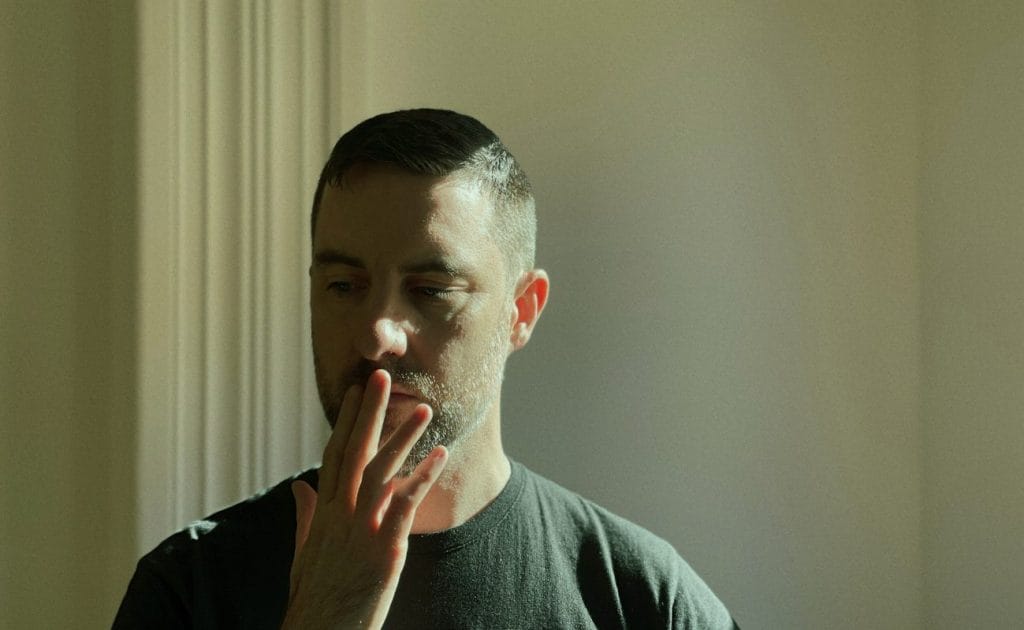
Hotflush has changed musical direction more times than I can remember, so yes of course I have confused people. And made them quite angry sometimes too. People will swear that they like a wide range of music and that they love an unusual twist, but when a musician makes a left turn it very rarely works for a majority of their audience. And as mentioned, I am totally like that too as a fan—I hate it when a band I like does something totally different.
So why do I do it?
Ultimately I don’t really make music or run the label for money or attention—it’s really a hobby for me that has accidentally turned into a way to make a living. So if I get tired of releasing techno, then I’ll do something else for a bit.
This is not how to run a business and it’s terrible from a branding perspective, but it’s how I’ve always done it. It’s not a method to be recommended to anyone starting out.
What’s something you love that no one would expect?
I’m not sure what the expectations are, but I’ve really got into boxing in the last couple of years—watching it, I mean. I’ve been a committed football fan since forever, and the combination of art, intelligence, and violence is basically what makes top-level football so compelling. But in boxing it’s a one-on-one confrontation, and that adds an extra layer of something. In the second Fury vs. Usyk fight this year I felt physically sick for the whole thing. You can’t tell me Usyk isn’t a truly great artist.
The other artist who has impressed me the most over the last year was Cesar Troisgros, but that’s another story.
The post Scuba on dub, taste, and walking the edge of commercial pressure appeared first on Magnetic Magazine.
